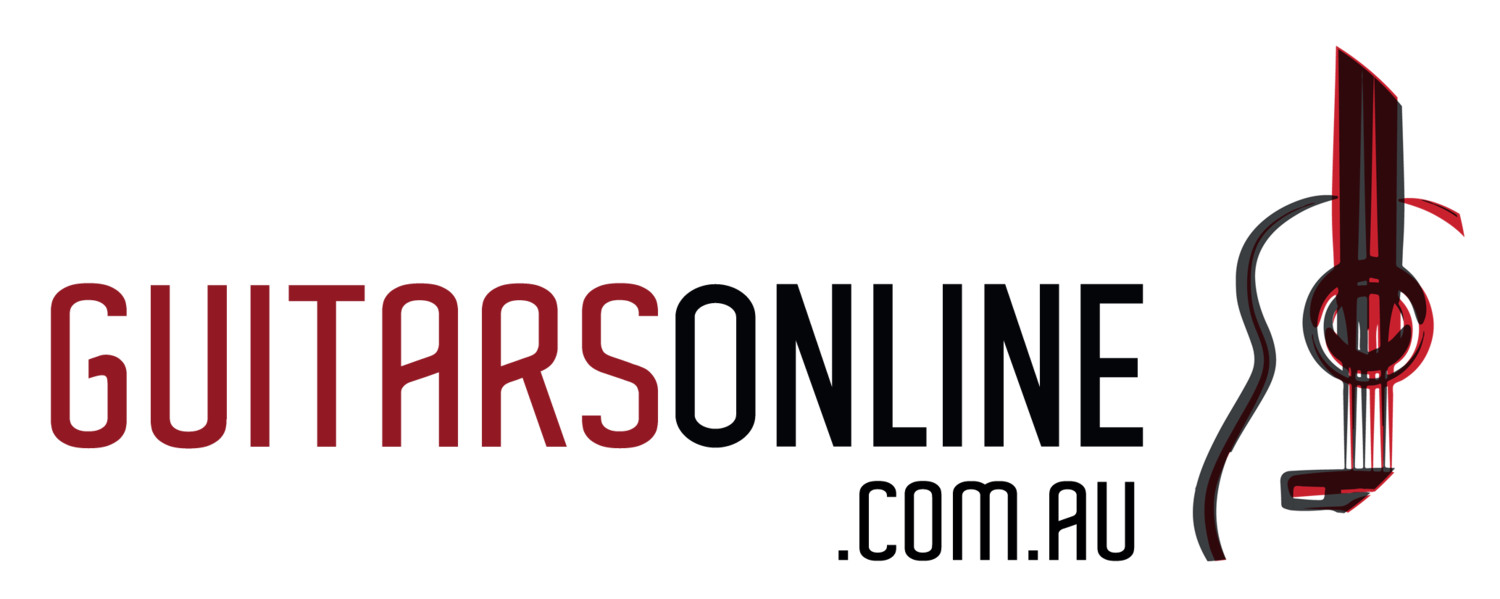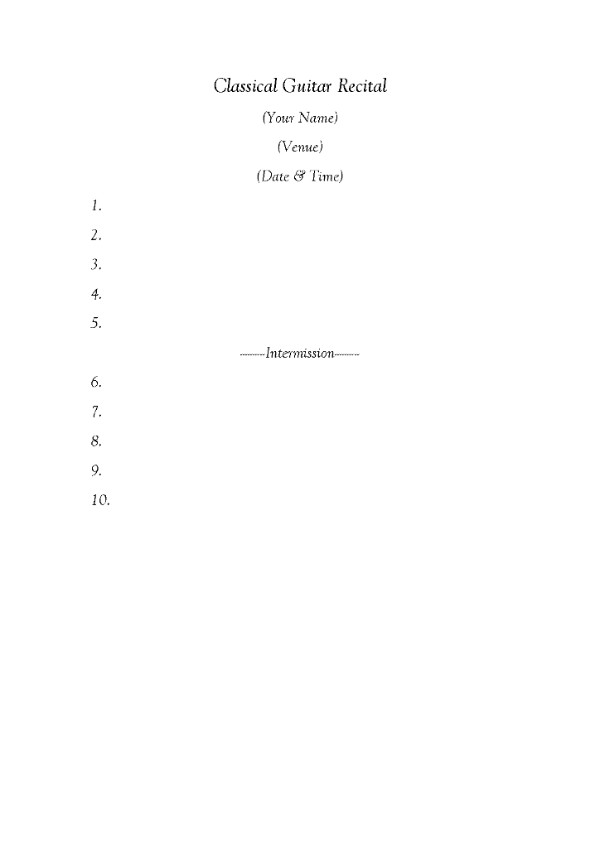Manufacturing Motivation
Manufacturing Motivation
Are you one of those people who have so much motivation to practice that it is on your mind almost constantly? Is practicing the first thing you think of when waking up and the last thing before going to sleep? Do you even dream of practicing while you’re sleeping?
If like me you answered yes to all of the above, then you could probably be classified as unusual… I probably do obsess about practice a little too much. If you answered no to most or all questions, then congratulations on being a relatively normal person!
But maybe you do want to increase your motivation, so that your practicing is really consistent. Maybe you want to be inspired to practice as soon as you wake up. Maybe you wish to cherish some special moments you had practicing earlier in the day before you go to sleep. If you do want more motivation, then I believe these habits can help you as they’ve helped students and myself personally.
Manufacturing Method #1: Make your practice space comfortable and easy
If you’ve read some of my previous emails, you’ll realise how simple and obviously many of the points I make are. What I’ve learned from both my own personal experience and teaching is that it’s very easy for us to underestimate and even forget the obvious. This is another example.
Make your practice space a place you enjoy being in. Make it comfortable for you. Maybe the acoustics are better in another room, so you enjoy practicing there more. Perhaps there’s a particular smell, charm or aesthetic about one particular room that makes you feel comfortable and stress-free there. Sometimes changing our practice locations every now and then can be really refreshing!
This is obviously quite a personal and somewhat intuitive thing, so I can’t say too much more about it other than this. Make sure the room you are in has all the tools you require within easy reach. This includes but is not limited to your timer, metronome, coloured pencils, scores, music stand, guitar rest, guitar, guitar stand, recording device, nail files and buffers, etc. etc.
Many of these are tools of self-assessment. By having easy access to them, you’re able to give yourself a wonderful lesson and make the practice time more fruitful in the long term, by means of having recorded your thoughts, recorded yourself, kept your tempo on track with the metronome, etc.
One more important tool of self-assessment that is often forgotten about is a mirror. Now, mirrors are not always the most portable things to carry around. However, in this digital age there is almost always access to a screen. Yes, once again you can use those distracting devices for good use!
I often use my Ipad (with the screen switched off) as a mirror when I’m travelling. Just put it on the music stand and angle it to see one of your hands. I can also use it to record myself and it sounds pretty decent, so two birds with one stone! You can set it to the ‘do not disturb’ mode or turn the wi-fi off if you are prone to checking those emails and things.
Manufacturing Method #2: Be patient
It’s often said that patience is a virtue; I believe it’s a habit.
Think of practicing like planting a garden. No matter what you do, the plants will grow slowly, never from seed to tree in an instant. So in music, no matter what new information or habits you acquire, no matter how life changing and amazing it is, your garden will always take time to grow. Think of all the new things you acquire as new seeds for your garden. Tend to your garden with love, kindness and discipline and those seeds will slowly but surely grow into wonders beyond your imagination.
Manufacturing Method #3: Study and listen each day
A little bit of reading and listening each day can go a long way. It could be new or old. I often find myself re-listening to my favorite albums and re-reading my favorite books fairly often. Make them easy to access so you won’t have excuses for not reading or listening.
If you need a place to start, I recommended checking out the resources tab of my website. There are many books and recordings that can start you on your own journey of learning and discovery. Also please feel free to ask me if there’s something particular you’d like to research and I’d be happy to help you find out more about it.
Manufacturing Method #4: Enjoy practicing
Try to keep note on how you feel while you practice. Are you stressed, worried or angry? If you feel negatively towards practice, chances are you will slowly begin to detest it. Here’s my suggestion. Every time you feel a negative thought emerging, replace it with a positive thought. This could be non-music related. For example, if you start to feel angry because you’re practicing something and it’s just not working, think of a happy memory you had with a loved one. Or think of an inspirational recording of the piece you’re working on. How did you feel during those moments? Once you change your thinking, your actual practice habits should improve too.
Manufacturing Method #5: Give your practice a goal, even if it’s an illusion
Now, we’re not all concert artists giving hundreds of concerts throughout the year. But we can pretend to be if we wanted to. When I don’t have a solo concert coming up for a while, it can be easy to drift around and practice without a clear goal. One day I’d be practicing one set of pieces and another day brings another set of pieces. Not too long and we can be led far astray. Remember the garden analogy - we don’t want to be growing different gardens all over the place.
Usually the goal of practice is for a performance (though this certainly doesn’t have to be the case). So when I don’t have a real concert coming up soon, I make a mock program and print it out as though I were really going to have a concert.
I’ve made a simple template that you can download here or by clicking the image at the very bottom, which you can just fill in. Or you can design your own if you want. I’d love to see your program, so please send it to me if you like. You can really get the creative juices going in thinking about how your repertoire would work best as a program. Don’t be afraid to aim high if you want to. Go ahead and write Carnegie Hall as the venue on your program if you like. Your imagination has no limits.
I suggest printing out the program (so it’s present in the physical world) and sticking it on your fridge, or somewhere you can easy glance at it. You’d be surprised at the brain’s subconscious power at working on things when given little triggers like this. More on this to come in future emails.
Another plus is that if a concert opportunity does come up unexpectedly, you’re prepared for it! Or you could turn this illusion into a reality yourself and book an actual venue, date etc.
If you have a great program going that you’ve invested hundreds of hours into, why not perform it for people and share your journey with them!? This can often be one of the greatest and most rewarding sources of motivation, even though it might seem daunting or scary. These are usually the things most worth pursuing in life.
The next email will start exploring ways of learning pieces with efficiency and extra creativity.
Happy practicing!
Download as PDF
About Daniel Nistico - the Resourceful Guitarist
The Resourceful Guitarist aims to help make you a resourceful guitarist by giving you easy access to free resources, pieces, and information that isn't easily available but can have powerful impacts on your playing.
I also aim to promote guitar music that is obscure today, but in my opinion, deserves much greater attention and recognition. This is stuff that you could easily spend hundreds, or even thousands of dollars on - scores, method books, recordings, lessons, etc.
The work I do is to search thoroughly for exceptional resources and promote them via writing, recordings, and videos.
I am truly passionate about this cause, so I keep this service free to you and have no ads. I pour many hours each day into this - in researching, practicing, recording, producing videos, making booklets, translating, and writing.
If you find value in what I do and would like to donate to this cause, then please consider becoming a patron and giving a recurring donation each month. These funds will assist me in website maintenance, video production, audio recordings, access to libraries, and more! Ultimately, you will be part of the mission to spread these old guitar treasures to people around the world. You will help to expand the guitar's cultural borders and ensure that its important history doesn't lay dormant.
Daniel Nistico is available for private guitar instruction in Melbourne.
Please call him on 0455 274 744 for more information and to arrange a free trial lesson, or
Click here for information on Daniel's Skype lessons



